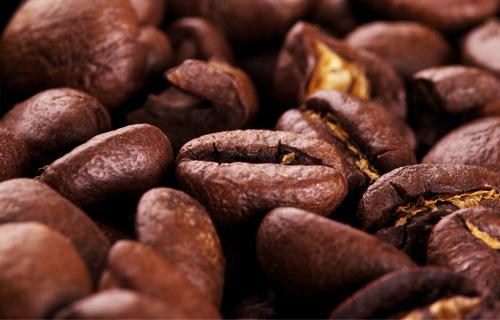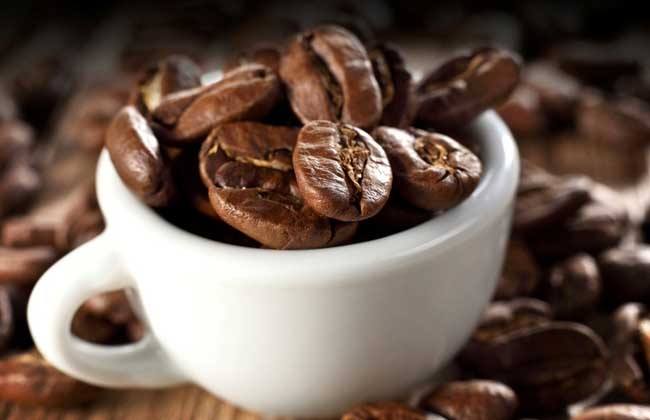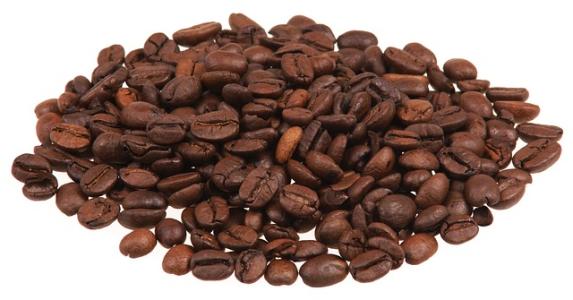The characteristics of Salvadoran coffee beans. How about Salvadoran coffee beans?
Follow the caf é (Wechat official account vdailycom) and found that Beautiful Cafe opened a small shop of its own.
ElSalvador is one of the small countries in Central America with a dense population. The flavor of its coffee is characterized by excellent balance.
Coffee producing areas in El Salvador:
Like Guatemala and Costa Rica, coffee in El Salvador is graded according to altitude, and the higher the altitude, the better the coffee. The best brand is Pipil, which is what the Aztec-Mayan (Aztec-Mayan) called coffee, which has been recognized by the American Organic Certification Society (OrganicCertifiedlnstituteofAmerica). Another rare coffee is Pacamara, a hybrid of Pacas and Maragogype. The best place to produce the coffee is in western El Salvador, adjacent to SantaAna, which is close to the border with Guatemala. Parkmara coffee is full of grains, but not very fragrant.

Features of Salvadoran coffee:
Coffee from El Salvador is a specialty of Central America, where it is light, fragrant, pure and slightly sour.
Flavor: balanced taste and good texture
Recommended baking method: moderate to deep, with a variety of uses
★: general
The origin of coffee
In the early 1990s, guerrilla warfare greatly damaged the country's national economy, reducing coffee production from 3.5 million bags in the early 1970s to 2.5 million bags in 1990-1991. The eastern part of the country was most affected by guerrilla warfare, and many farmers and workers were forced to leave the manor. The shortage of funds has led to a sharp drop in coffee production, from 1200 kg per hectare in the past to less than 900kg per hectare today.
In addition, the government imposed an additional 15% tariff on exported coffee in 1986, that is, an additional 15% in addition to the existing 30% tax. Taxes, together with unfavorable exchange rates, have greatly reduced the export of coffee and the quality of coffee.
The government finally realized the great role of coffee in the national economy, such as solving employment, earning foreign exchange and developing agricultural production, so it privatized some coffee export industries in 1990, hoping to increase the income rate of coffee in the export market.
Today, this coffee accounts for 40% of the country's exports. The best quality coffee is exported from January to March, and 35% of the extra hard beans are exported to Germany.
Important Notice :
前街咖啡 FrontStreet Coffee has moved to new addredd:
FrontStreet Coffee Address: 315,Donghua East Road,GuangZhou
Tel:020 38364473
- Prev

How about Salvadoran coffee? El Salvador coffee tastes good.
Following Cafe Review (Wechat official account vdailycom) found that Beautiful Caf é opened a small shop of its own coffee flavor and quality El Salvador is a producer of high-quality commercial Arabica beans, known for strict and effective quality control. Since 2003, he has joined the COE competition. With excellent ancient coffee, it successfully entered the boutique coffee market.
- Next

El Salvador Coffee planting, El Salvador Coffee introduction
Following caf é (Wechat official account vdailycom) found that the coffee grown in El Salvador is 100% Arabica coffee and grows in mountains and volcanic slopes rich in organic fertile soil. El Salvador produces the world-famous Bourbon variety, which is highly appreciated by coffee connoisseurs all over the world.
Related
- Detailed explanation of Jadeite planting Land in Panamanian Jadeite Manor introduction to the grading system of Jadeite competitive bidding, Red bid, Green bid and Rose Summer
- Story of Coffee planting in Brenka region of Costa Rica Stonehenge Manor anaerobic heavy honey treatment of flavor mouth
- What's on the barrel of Blue Mountain Coffee beans?
- Can American coffee also pull flowers? How to use hot American style to pull out a good-looking pattern?
- Can you make a cold extract with coffee beans? What is the right proportion for cold-extracted coffee formula?
- Indonesian PWN Gold Mandrine Coffee Origin Features Flavor How to Chong? Mandolin coffee is American.
- A brief introduction to the flavor characteristics of Brazilian yellow bourbon coffee beans
- What is the effect of different water quality on the flavor of cold-extracted coffee? What kind of water is best for brewing coffee?
- Why do you think of Rose Summer whenever you mention Panamanian coffee?
- Introduction to the characteristics of authentic blue mountain coffee bean producing areas? What is the CIB Coffee Authority in Jamaica?

